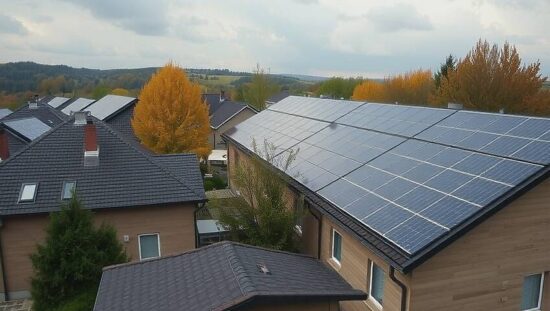Germany’s Energy Transition to Carbon Neutrality by 2045 Can be Designed to Benefit Private Households and the Economy Financially, According to a Study.
A study by the Energy Watch Group (EWG) suggests that Germany’s transition to a carbon-neutral economy by 2045 can be designed to benefit private households and the economy financially. The study, published in the “Roadmap CO2-Neutral Germany” reveals that the climate-friendly transformation of all sectors will require around 1,900 billion euros in additional investments by 2045, which is approximately 95 billion euros per year.
Although the investment seems expensive, the EWG experts argue that it is financially manageable, equivalent to a 5% increase in the country’s total investments, which amount to around 1,800 billion euros per year. The experts also explain that the additional burden will be offset by savings, which will refinance these investments, including the elimination of oil, gas, and coal imports. Furthermore, the additional investments will trigger a strong economic boost.
The “Roadmap” outlines the transformation of the energy, building heating, transportation, and industry sectors. Measures include low electricity prices for heat pumps and specific industrial applications, a ban on combustion engines for new cars by 2030, and the prioritization of biofuel for the aviation sector.
According to the study, the carbon-neutral Germany by this plan will result in a 35 billion-euro annual income increase for households, equivalent to 1,700 euros per year for an average four-person household. The relief for the business, trade, and services sector is estimated at 38 billion euros per year, and for the industry at 13 billion.





